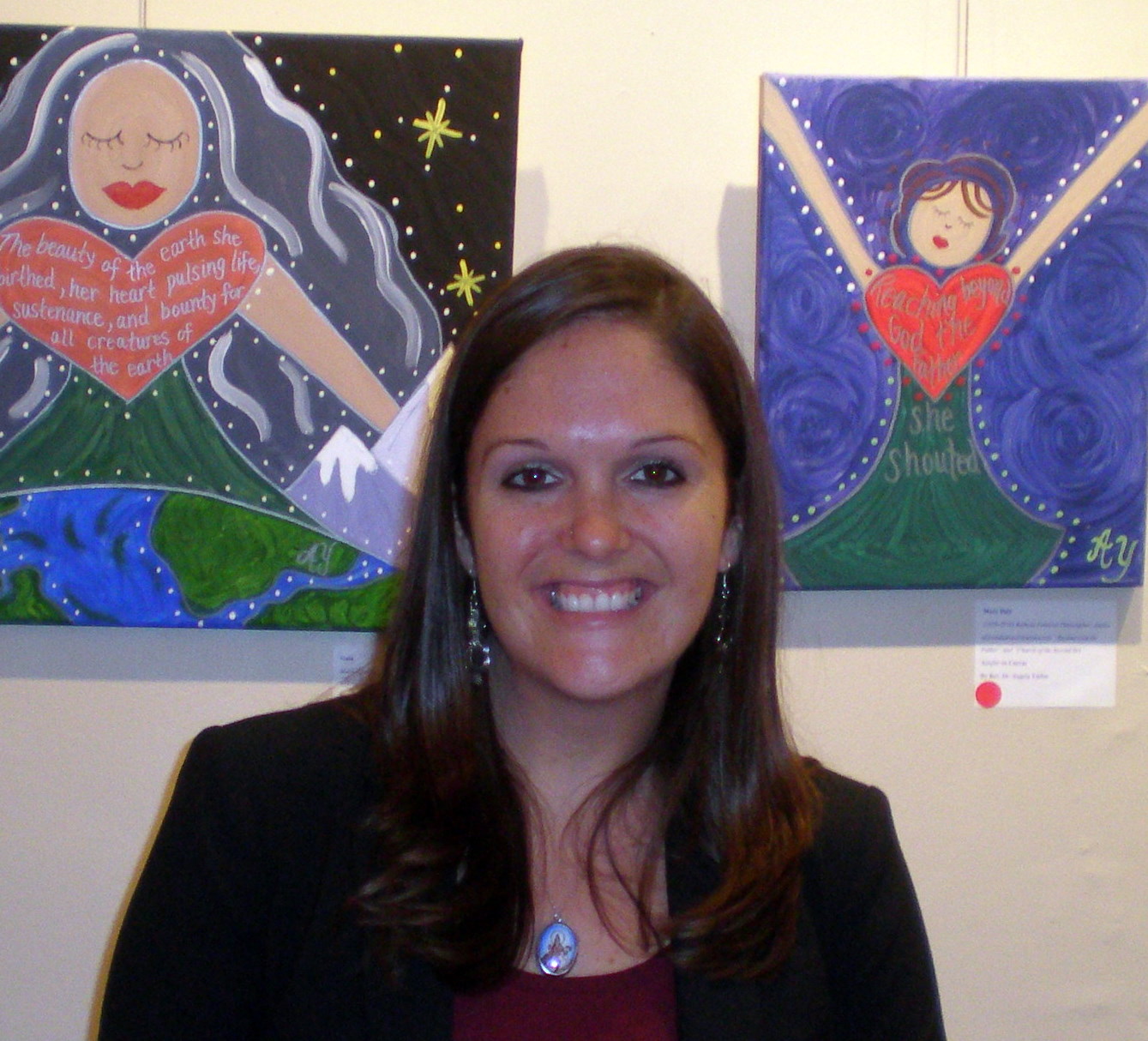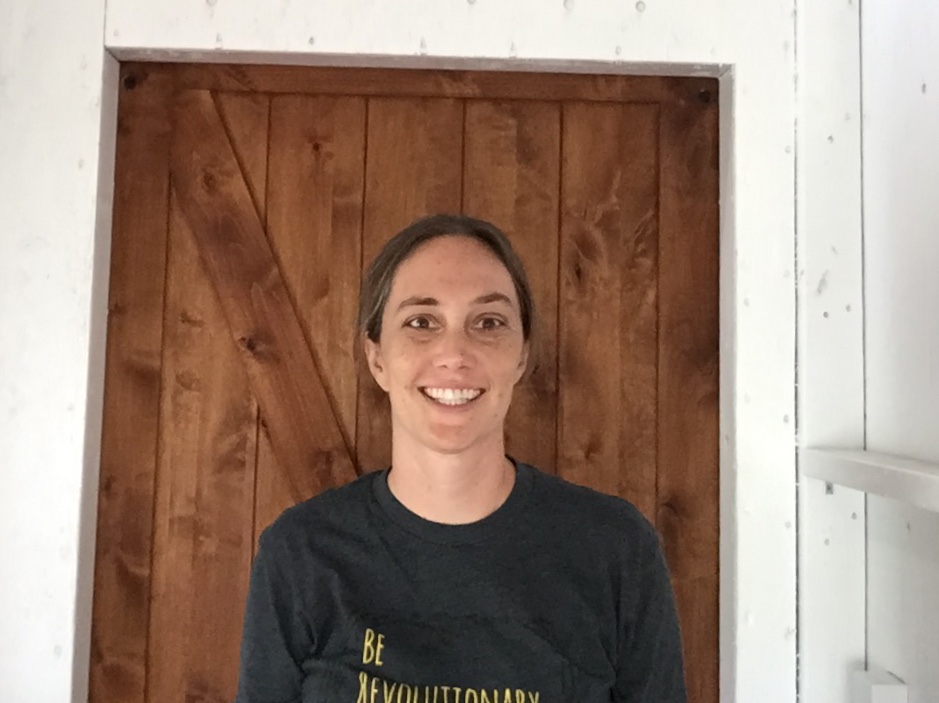2018-2019 Award Winners
CAIRN PROJECTS
QUEER SPIRITUALITY RESOURCES
The Holy Women Icons Project (HWIP) has received an Innovator Incubator Grant from The BTS Center to create Queer Spirituality Resources. The Holy Women Icons Project seeks to empower marginalized women by telling the stories of revolutionary holy women through art, writing, and special events. Based on the lives, legends, and legacies of queer holy women icons, HWIP has painted folk-feminist icons depicting these queer holy women, in addition to writing about them. Queer Spirituality Resources will draw upon these queer holy women icons from history, mythology, and scripture to create Queer Spirituality Online Retreats. For The BTS Center’s Cairn Project, HWIP will create three online resources Queer Spirituality Retreat, Queer Families Retreat, and Queering Liturgy Workshop for Pastors—while continuing to seek funding for the full Queer Holy Women Icons Project. Queer Spirituality Resources will also provide funding for scholarships so that these online retreats are accessible to everyone. Funding awarded: $5,000
THE INVESTIGATORS
Rev. Dr. Angela Yarber is the Executive Director of the Holy Women Icons Project where she has painted over 95 folk-feminist icons that portray revolutionary holy women from history, mythology, and scripture. The author of seven books, four of which were awarded Top LGBTQ Christian Books of their respective publication years, she holds a Ph.D. in Art and Religion from the Graduate Theological Union. After fourteen years as a pastor and over a decade as a professor, Rev. Dr. Yarber is now creating a queer intersectionally ecofeminist retreat center to house the Holy Women Icons Project on Hawai’i Island. Her work has been featured on NPR’s Progressive Spirit, at Maya Angelou’s memorial celebration at Wake Forest University, on the television show Tiny House Nation, and she was a finalist for the international Penelope Niven Creative Non-Fiction Award. For more of her work, please visit www.holywomenicons.com
Dr. Elizabeth Lee is the Administrative Director of the Holy Women Icons Project. She holds a Ph.D. in Ethics and Social Theory and taught undergraduate philosophy and religion for several years. She now lives on the Big Island of Hawai’i with her family.
SCRIPTURE AND THE NEW SCIENCE OF GENDER: UNDERSTANDING COMPLEXITY, NAVIGATING CONFLICT, EQUIPPING THE CHURCH
Building on two years of filming personal interviews with Protestant, Catholic, and Jewish intersex people and ten years of academic research, Dr. DeFranza has been developing a multi-media curriculum for adult Sunday School classes/small groups. Scripture and the New Science of Gender equips Christians with the tools and Biblical wisdom to engage in more productive conversations on the difficult topics of gender diversity.
Many leaders in theologically conservative congregations want to equip their people for better conversations about gender but fear church conflict and schism. Many parishioners remains suspicious of science that doesn’t seem to fit with their readings of the Bible. Watching people of faith whose bodies do not conform to our assumptions about male and female bodies share their personal testimonies offers conservative Christians a place to begin conversations about topics they formerly believed to be off-limits. Meanwhile, progressive churches may be “welcoming” in theory, but their lack of knowledge about biological sex diversity can manifest in blind spots to practical matters of inclusion and the unique needs of intersex people and their families. Few understand how intersex people differ from LGBTQ people. All benefit from a better understanding of gender science, Scripture, and tools for facilitating difficult conversations with charity and respect.
With the help of The BTS Center, Dr. DeFranza will be able to complete the filming and editing of the curriculum and test it in 4-6 churches across the theological spectrum, employing their feedback to refine it for wider distribution. Funding awarded: $20,000.
THE INVESTIGATOR
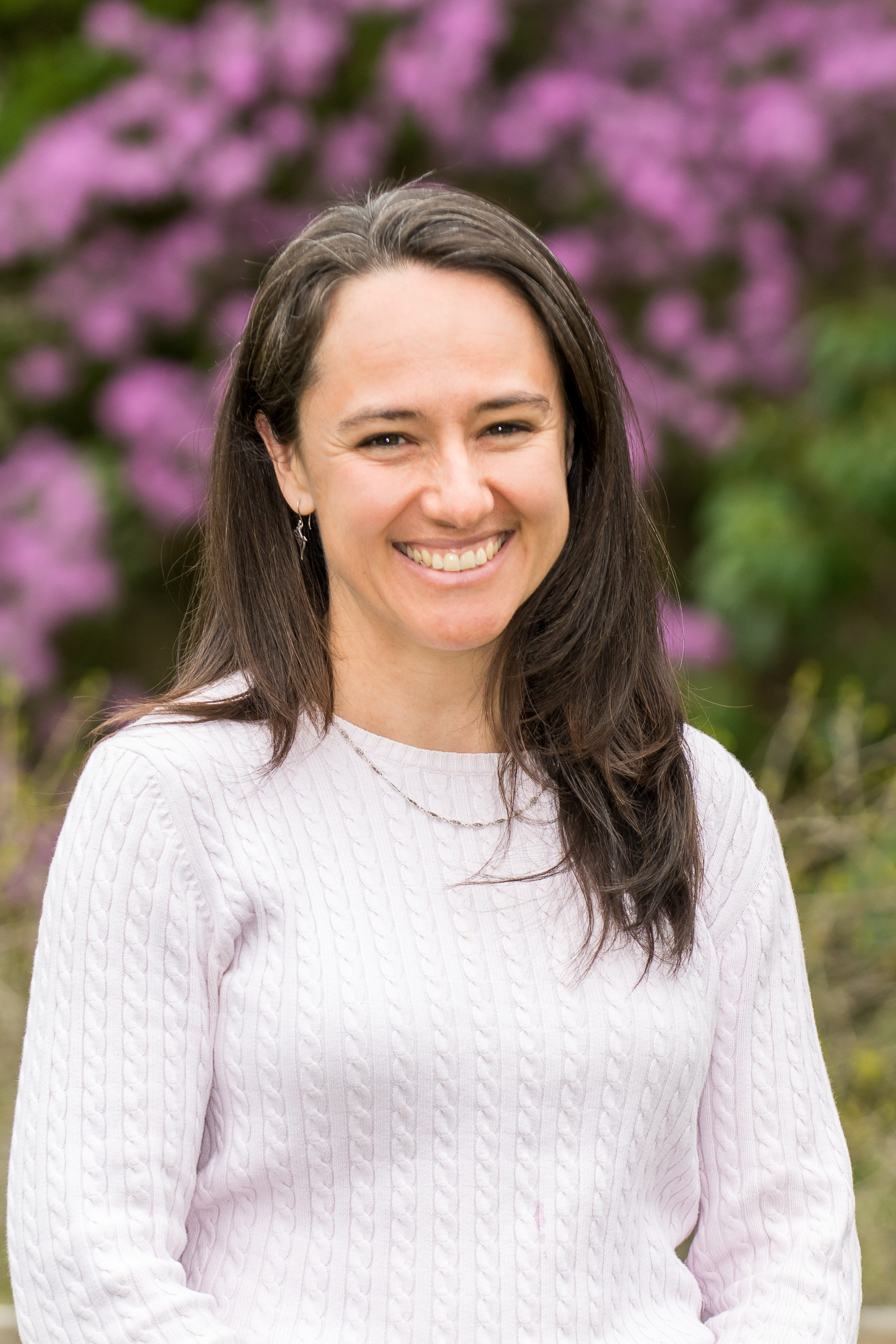 Megan K. DeFranza, PhD, is a theologian, author, speaker, and film-maker best known for her book Sex Difference in Christian Theology: Male, Female, and Intersex in the Image of God (Eerdmans, 2015).
Megan K. DeFranza, PhD, is a theologian, author, speaker, and film-maker best known for her book Sex Difference in Christian Theology: Male, Female, and Intersex in the Image of God (Eerdmans, 2015).
Dr. DeFranza was raised and educated in evangelicalism at Toccoa Falls College and Gordon-Conwell Theological Seminary and completed her doctoral studies in theology at Marquette University (a Catholic Jesuit school). She currently serves as a visiting researcher at Boston University School of Theology and a research associate at the Center for Mind and Culture and speaks across the country at Christian colleges, churches, and conferences educating others about the complexity of gender and the relevance of Scripture to these urgent conversations. With Lianne Simon, she co-founded the non-profit Intersex and Faith “to support, advocate with, and educate others about intersex people to help faith communities welcome those born outside the male/female binary.” Learn more at www.intersexandfaith.org and www.megandefranza.com.
COMPASS PROJECTS
FOSTERING ECOLOGICAL CONVERSION: AN EXPLORATION OF WILD CHURCHES
A small but growing network of faith communities across North America are intentionally engaging in worship and other spiritual practices outdoors to deepen their connection with both Creator and creation. Several are part of The Wild Church Network, an organization of faith communities from a variety of Christian traditions. These communities seek to reconnect participants with the community of creation in this time of ecological crisis. They see connection to and care for creation as essential to their mission as followers of Christ.
This project seeks to explore the ways these Wild Churches have tried, succeeded, and struggled to foster this connection to creation amongst their constituents. The purpose of this research is two-fold. First, this project seeks to discover the impact that participation in such a faith community has had on the spiritual life and daily practices of participants, especially regarding their relationship to creation and its care. Second, the research hopes to identify leadership strategies, aptitudes and skills that have been helpful in establishing and sustaining these communities. This project’s proposal is hopeful that these learnings will be of benefit to others who are seeking to start or deepen similar outdoor-based ministries. Funding awarded $20,000.
THE INVESTIGATOR
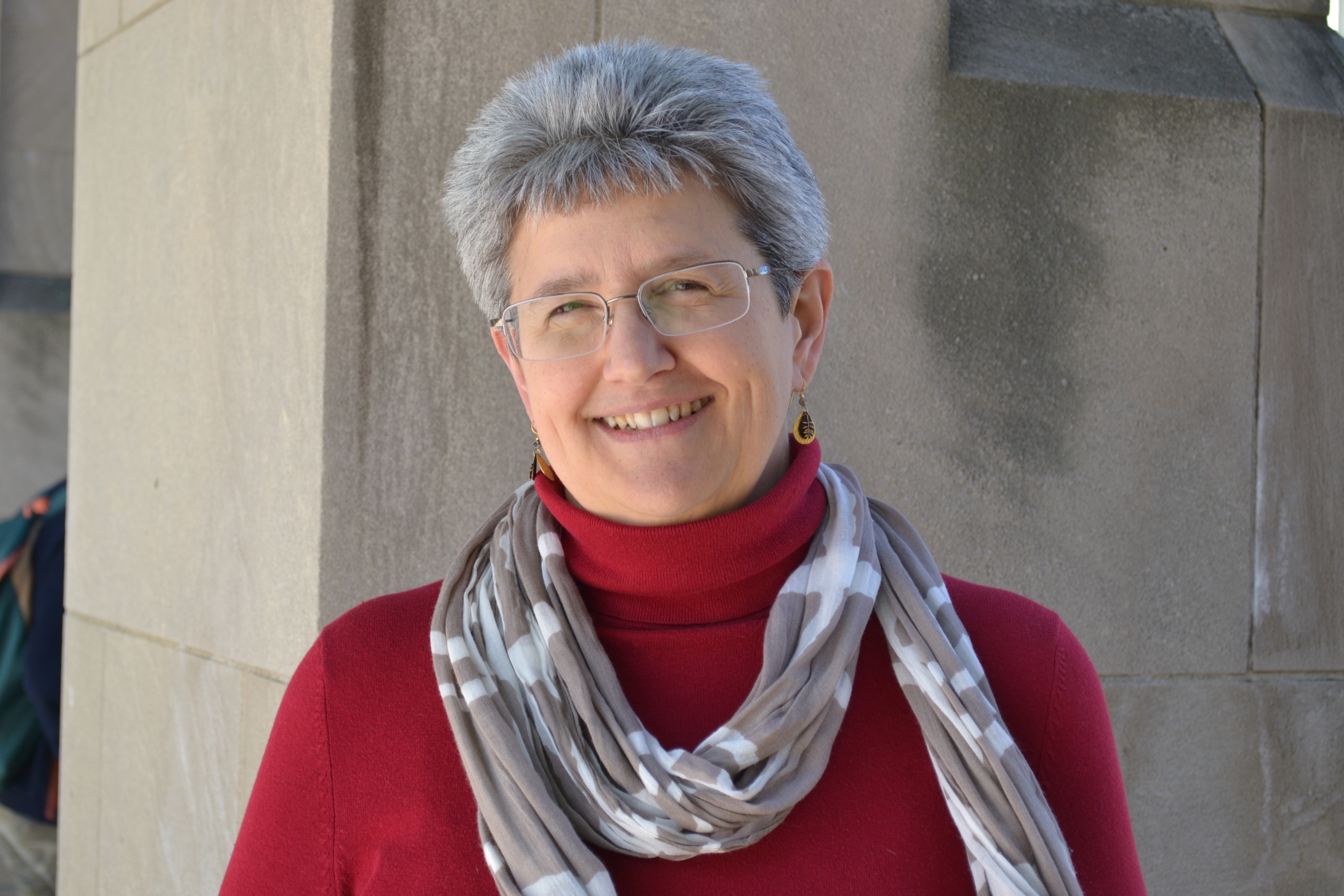 The Rev. Dr. Wanda Stahl is Clinical Assistant Professor of Contextual Theology and Practice at Boston University School of Theology. She is an ordained Deacon in the United Methodist Church. Wanda has completed programs in Individual Spiritual Guidance and Leading Contemplative Prayer Groups and Retreats from the Shalem Institute in Washington, DC and considers it a privilege to accompany people on their faith journeys in a variety of settings. Her recent interests have focused on exploring and nurturing new models of ministry in a post-Christian context. In particular, her own experiences of encountering the Spirit in natural settings have been informing her teaching and research priorities.
The Rev. Dr. Wanda Stahl is Clinical Assistant Professor of Contextual Theology and Practice at Boston University School of Theology. She is an ordained Deacon in the United Methodist Church. Wanda has completed programs in Individual Spiritual Guidance and Leading Contemplative Prayer Groups and Retreats from the Shalem Institute in Washington, DC and considers it a privilege to accompany people on their faith journeys in a variety of settings. Her recent interests have focused on exploring and nurturing new models of ministry in a post-Christian context. In particular, her own experiences of encountering the Spirit in natural settings have been informing her teaching and research priorities.
STRENGTHENING SPIRITUAL CARE IN HIGHER EDUCATION: BUILDING CHAPLAIN-SOCIAL SCIENTIST PARTNERSHIPS
“Strengthening Spiritual Care in Higher Education” maps and articulates the work that chaplains do at colleges and universities across New England. It studies what effects or outcomes that work might have on students, staff, faculty and these institutions in general in light of the needs of students and of the institutions around crisis management, grief work, responses to trauma, facilitating of difficult conversations and dialogues, and more. It will also pilot training for regional chaplains that will enable the development of a continuing education curriculum for chaplains in higher education that is empirically grounded in best practices.
These questions arose out of the growing student needs seen on campuses, especially in today’s social and political climate, and the skills chaplains have to help address these needs. In recent years, college campuses have witnessed a significant decline in student wellness coupled with a steady increase in both the demand for counseling services and the severity of concerns students experience. At the same time, traditional religious communities that once might have supported students in crisis are re-imagining themselves in light of the shifting religious landscape in America. While religious leaders have traditionally played a significant role in providing support and guidance, it is less clear how college students with no clear religious identity or community will navigate the existential territory presented by these realities, especially as fewer and fewer identify with or are part of established communities of faith. Now, more than ever, institutions of higher education must discover and employ creative solutions not only to be good stewards of their resources, but also to meet the ever more urgent needs of a struggling generation of students. College chaplains are uniquely positioned to respond to these shifts in student wellbeing and religious identity, supporting students in crisis alongside of and in collaboration with colleagues in counseling and student development.
This project conducts interviews with college and university chaplains in New England to understand their work and roles. It also conducts group conversations about the topics with regional chaplains. It is producing a thorough review of the research literature a white paper, which will guide the design of continuing educational workshops for chaplains. All of these materials will be publicly available through multiple channels, including a website currently being built to bring together resources for chaplains across sectors. Funding awarded: $20,000.
THE INVESTIGATORS
 Wendy Cadge, PhD is Professor of Sociology and Women’s, Gender and Sexuality Studies at Brandeis University. She is an expert in contemporary American religion, especially related to religion in public institutions, religious diversity, religion and immigration, and religious and moral aspects in healthcare. Among her publications is Paging God: Religion in the Halls of Medicine, which explores how doctors, nurses and hospitals address religion and spirituality. Her project Boston’s Hidden Sacred Spaces explores the chapels, meditation spaces, and prayer rooms in and around Greater Boston that thousands pass daily but rarely stop to notice. These include sacred spaces at sixteen area colleges and universities which have taken a variety of approaches to addressing modern-day religious diversity and the realities of contemporary student belief.
Wendy Cadge, PhD is Professor of Sociology and Women’s, Gender and Sexuality Studies at Brandeis University. She is an expert in contemporary American religion, especially related to religion in public institutions, religious diversity, religion and immigration, and religious and moral aspects in healthcare. Among her publications is Paging God: Religion in the Halls of Medicine, which explores how doctors, nurses and hospitals address religion and spirituality. Her project Boston’s Hidden Sacred Spaces explores the chapels, meditation spaces, and prayer rooms in and around Greater Boston that thousands pass daily but rarely stop to notice. These include sacred spaces at sixteen area colleges and universities which have taken a variety of approaches to addressing modern-day religious diversity and the realities of contemporary student belief.
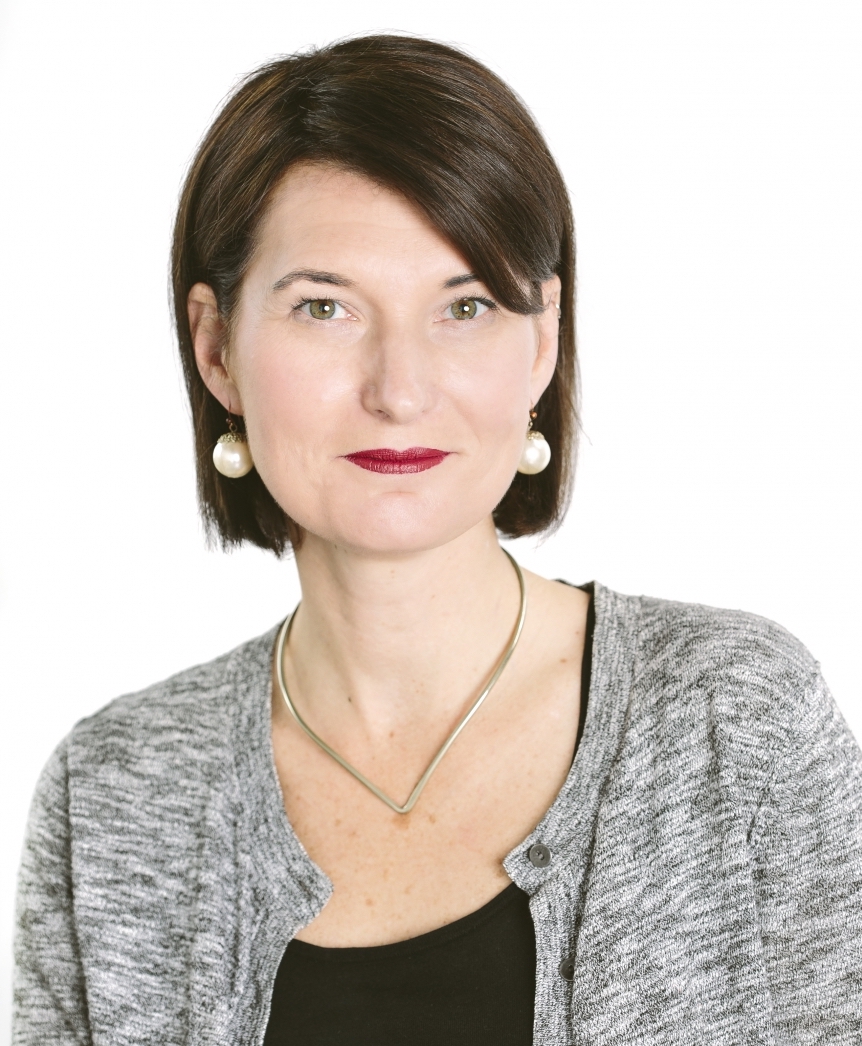
Tiffany Steinwert, PhD is Dean of Religious and Spiritual Life at Wellesley College and an ordained Elder in the United Methodist Church. She has spent her career fostering spiritual formation and collective action in diverse congregations and communities. Serving as Dean of Religious and Spiritual Life since 2015, Steinwert nurtures religious, moral, and ethical education for students, staff, and faculty. Integrating intellectual and spiritual learning, she encourages the campus community to explore the richness of multifaith communities, build relationships amidst difference, and cultivate healthy contemplative practices for the transformation of self and world. Trained as a practical theologian, Steinwert connects communities of faith and non-faith through critical reflection and dynamic action. Her scholarly work explores emerging pedagogies for chaplaincy in higher education, inter-religious engagement, and contemplative studies. Through courses on Interfaith Dialogue and Leadership in the 21st Century, she invites students to wrestle with the existential demands of life in the context of academic inquiry. In her many roles as pastor, scholar, and organizer, she has empowered people of all faiths and no faith to build relationships amidst difference, craft meaningful communities, and create change through collective action.
 Shelly Rambo, PhD is Associate Professor of Theology and Acting Associate Dean for Academic Affairs at Boston University School of Theology. A theologian working in the Christian tradition, her research and teaching interests focus on religious responses to suffering, trauma, and violence. Her book, Spirit and Trauma: A Theology of Remaining (Westminster John Knox, 2010) develops a theology of the Spirit in response to the interdisciplinary study of trauma. Her recent book, Resurrecting Wounds: Living in the Afterlife of Trauma (Baylor University Press, 2017), explores the significance of resurrection wounds within the Christian tradition and as it meets contemporary expressions of post-traumatic life in the broader culture. Dr. Rambo’s work at the intersection of trauma and religion has led to partnerships with chaplains and international educators in post-conflict areas. Inspired by the work of military chaplains, she was instrumental in designing Boston University School of Theology’s M.Div. track in Chaplaincy. She also serves as a faculty leader in Boston University’s Religion and Conflict Transformation program.
Shelly Rambo, PhD is Associate Professor of Theology and Acting Associate Dean for Academic Affairs at Boston University School of Theology. A theologian working in the Christian tradition, her research and teaching interests focus on religious responses to suffering, trauma, and violence. Her book, Spirit and Trauma: A Theology of Remaining (Westminster John Knox, 2010) develops a theology of the Spirit in response to the interdisciplinary study of trauma. Her recent book, Resurrecting Wounds: Living in the Afterlife of Trauma (Baylor University Press, 2017), explores the significance of resurrection wounds within the Christian tradition and as it meets contemporary expressions of post-traumatic life in the broader culture. Dr. Rambo’s work at the intersection of trauma and religion has led to partnerships with chaplains and international educators in post-conflict areas. Inspired by the work of military chaplains, she was instrumental in designing Boston University School of Theology’s M.Div. track in Chaplaincy. She also serves as a faculty leader in Boston University’s Religion and Conflict Transformation program.

